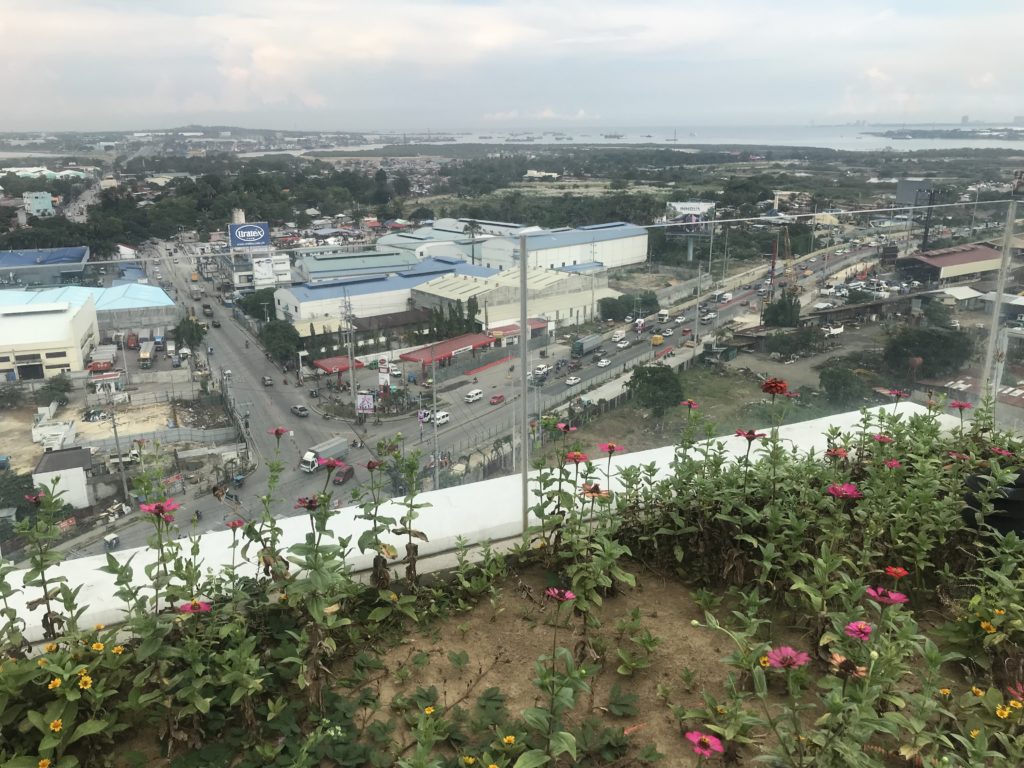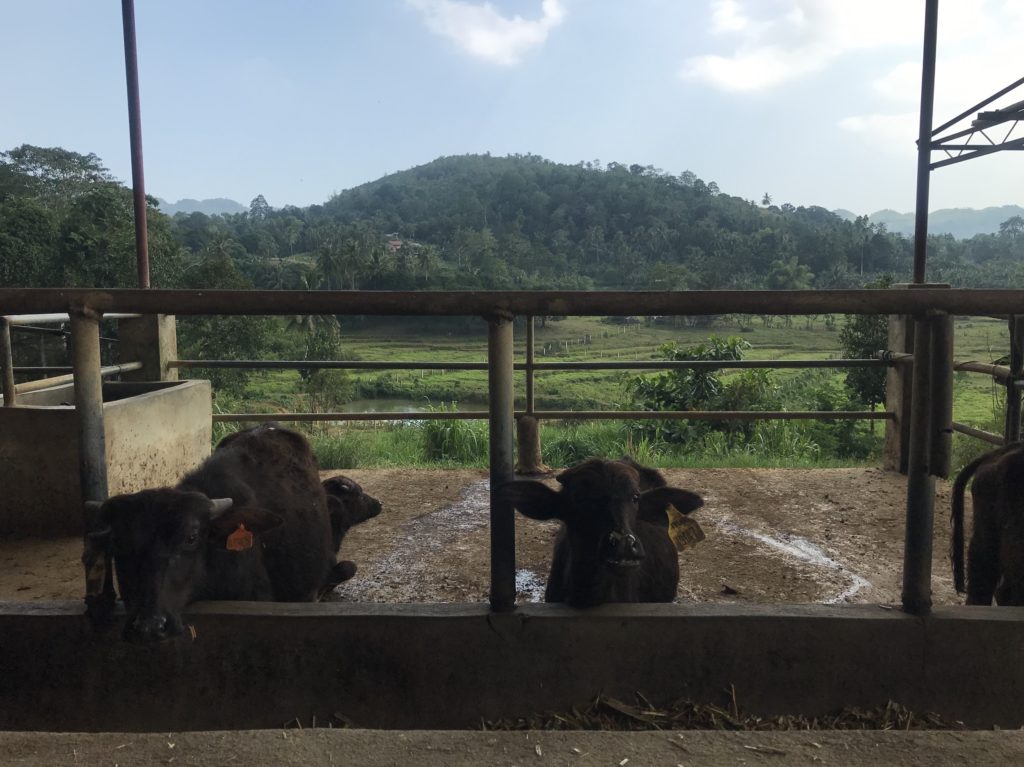Notes from the Philippines | Entry 2
October 6, 2019
Hi everyone! As we traveled around Cebu and the island of Bohol this week to visit some WI Microfinance beneficiaries and co-op partners, here’s what was on our minds:
As a newly-industrialized country, the Philippines is in a crucial stage of development. On one hand, countries which are still “developing”, per se, have an opportunity to do so in ways that are sustainable to both their communities and the natural environment. However, colonial legacies and neo-colonial influences continue to shape global developmental processes that perpetuate social inequalities and foreign power structures. Although the Philippines gained independence from U.S. occupation in 1946, the country continues to meet the economic interests of the “developed” world by investing in manufacturing enterprises and creating economically-favorable conditions for foreign private entities. As seen across much of the Global South, the pursuit of export-oriented industrialization strategies has been the key to becoming fully integrated into the global economy.
The rapidly-changing landscape of the Philippines’ economy is a source of concern for many rural co-operatives and small business owners, including the ones we visited over the past few weeks. As the country transitions from an agriculture-based economy to one mostly geared towards the service and manufacturing industries, more and more hectares of rice are being converted for commercial, industrial, and residential uses, such as airports, shopping malls, cafes, hotels, etc. Many are concerned about what this means for farmers, as rice is now imported from neighboring countries like Vietnam. Moreover, while the influx of tourists is a major contributor to the country’s economic growth, locals have expressed concern over the elimination of farmland and potential damage to coastlines in resort towns and other tourist destinations.

As Dudz Samson, the CEO of VICTO National, pointed out to us, “We’re all suckers for progress.” But the nature of progress differs from individual to individual. Oftentimes, by default, progress is measured in economic terms; for instance, being one step closer to a seemingly Western way of life. Others maintain that the prevalence of social programs are the most important indicator of progress. Dudz uses the following definition: “Development is about attaining a full and satisfying life for all” and he claims that this is a shared responsibility.
Over the past couple of weeks, we have visited cooperatives who attribute much of their success to taking a more holistic approach to human development. Co-ops like the Lamac Multi-Purpose Cooperative outside of Cebu, among others throughout the country, are using the UN Sustainable Development Goals (SDGs) as a guide for their projects and initiatives. We have observed that the ones who have prioritized programs for the youth, the environment, and gender equality seem to be in the strongest standing across the board.

As we continue our fieldwork here in the Philippines, we will use our growing knowledge of global economic trends and sustainable development to better understand the needs of WI Microfinance beneficiaries and other contributors to the small business community. Although Westerners are increasingly demonstrating what sustainability means to them, part of our role here is to unpack what sustainability might look like for other parts of the world.
-Morgan and Natalia